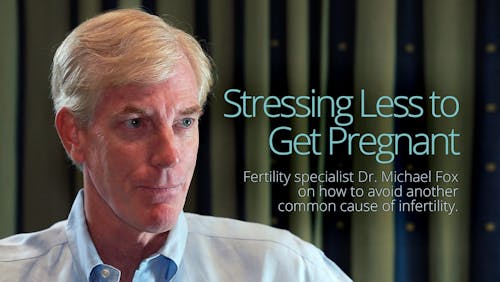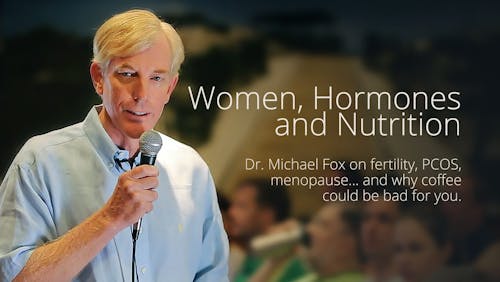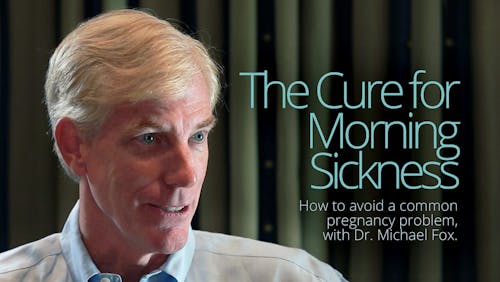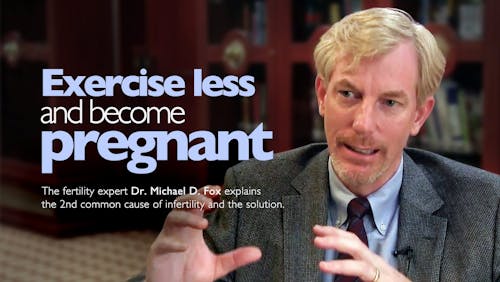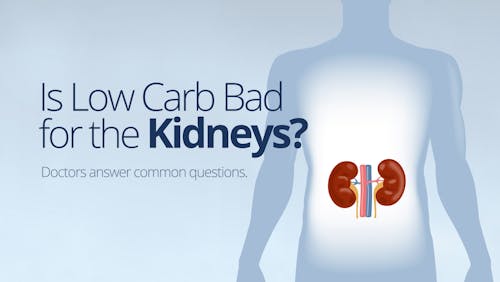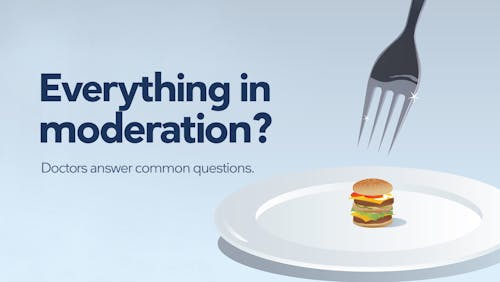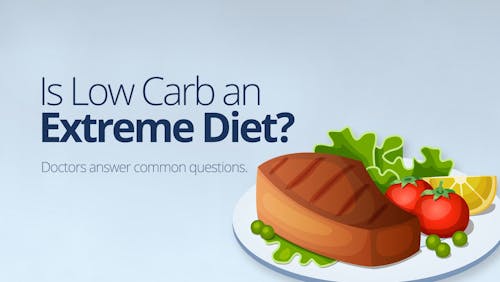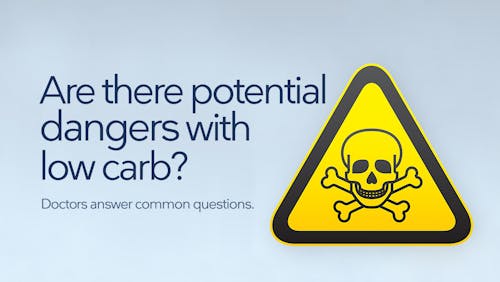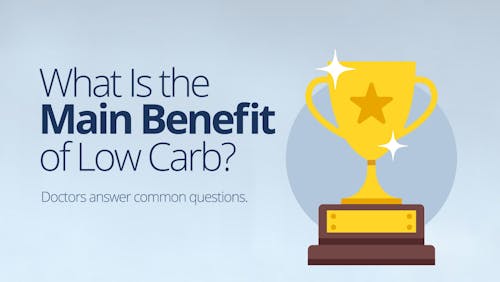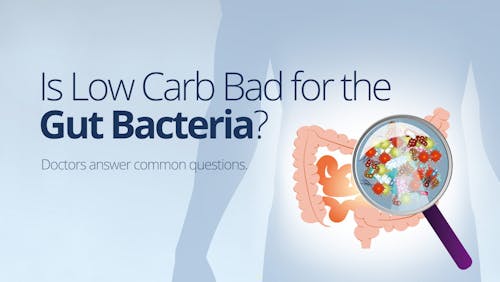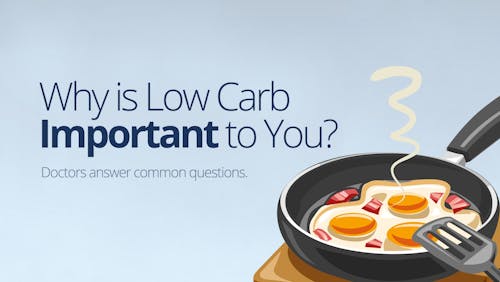Is keto affecting the contraceptive implant?
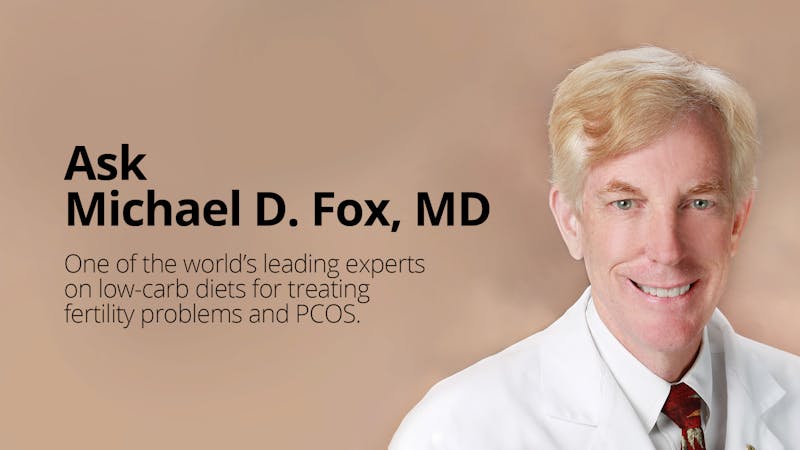
Is keto affecting the contraceptive implant? Is there any literature about how keto can help PCOS?
Get the answers to these questions in this week’s Q&A with fertility specialist Dr. Fox:
Contraceptive implant and heavy irregular periods
Hiya,
I have been following the keto diet for almost two years. Then this February 2019, I had the contraceptive implant (Nexplanon) fitted. Since March 2019 I noticed I started to have irregular periods, which was due to the implant as this is one of the side effects. It’s now eight months since I had the implant fitted and I’m having two periods a month resulting in 15 days of bleeding per month. However, I still carried on my lifestyle with the keto diet.
So in November 2019 I stopped keto completely and I had no periods for the full month. Now I’m back on keto and it’s started all again? Is this normal on keto? Is keto affecting my implant? Should I stop my keto lifestyle?
Sabina
Dr. Fox:
This is an interesting observation. I would never suggest stopping your keto lifestyle because of all the other health benefits associated with low insulin levels etc. A much more valid approach would be to consider removal of the nexplanon. This is a progesterone only method of birth control, one that invariably significantly lowers estrogen levels. Many of the symptoms of estrogen deficiency are covered up by the progesterone effect but they are still in the background causing problems. We see all forms of high-progesterone birth control measures resulting in these problems.
As to why the bleeding, frankly that is puzzling for sure. If the nexplanon is gone that presumably would normalize. We see hundreds of patients with PCOS who have disrupted menstrual cycles that become more normal on ketogenic diet. I know the nexplanon is a big investment in time and money and is designed to last for years but the health consequences of these approaches are simply not widely publicized.
Good luck!
Literature about PCOS and keto?
Dear Dr. Fox,
Congratulations for your work. It is so inspiring! I am a doctor and very interested in studying it. Do you have some recommendations about books or papers that link PCOS and LCHF/keto diet?
Thank you,
Helena
Dr. Fox:
Unfortunately, there is very little out there that discusses this association specifically. The study by Dr. Westman at Duke is one of the few studies in existence. Just run a PubMed search and you will see this for yourself. Good Calories, Bad Calories by Gary Taubes, gives us one of the most comprehensive looks at the metabolic physiology of the diet. I think everyone who practices “ketogenic medicine” would tell you that they see these dramatic changes in their patients who are compliant.
The problem with most studies is the control of compliance that invariably doesn’t really exist for nutritional studies. When faced with patients however, you can tell patients who are compliant vs. those who are not. The difference is amazing. In our hands, the cycle regularity normalizes, skin and hair changes improve and pregnancy rates are dramatically improved, all suggesting the benefit of this approach. I wish I could give you more insight but we all suffer from a dramatic absence of good science in this area. Try it in your patients and observe the benefits for yourself. We need more practitioners of ketogenic medicine worldwide!
